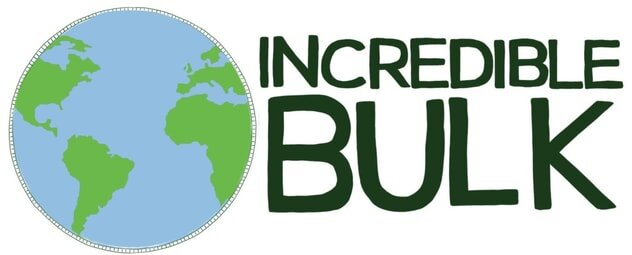Soya Beans (Organic)
/-
Instructions: Soak 8-12hrs. Rinse and then place in saucepan with water, bring to boil and boil for 1 hr and then simmer for 3-4 hrs until soft.
Great to use to make your own soy milk or tofu without the added plastic packaging and the benefit of making use of two nutritious by-products okara and whey. Beans can also be cooked and used in curries, tagines or roasted for crunchy snack.
-
Allergen: Soy
Soya beans have been a staple food in China, Japan and Southeast Asia for millennia.
Highly nutritious, a rich source of calcium, iron, phosphorus, beta-carotene, amino acids, vitamins A,B and C, omega-3 essential fatty acids and protein. They supply almost as may essential amino acids as animal proteins and contain twice as much protein as other pulses.
The process of transforming soya into tofu and milk unlocks proteins and essential amino acids and increases their nutritional value.
Source: The Vegan Kitchen by Rose Glover and Laura Nickoll
-
This item is delivered to us in a plastic bag which we recycle with either Terracycle or ReFactory.
-
China. Our suppliers use land, rail and sea to deliver their goods to the UK. Delivered to us in Cornwall via land.
-
Soya has a bad reputation when it comes to the environment so we had to choose carefully how and where we sourced it from.
Firstly, at least 75% of all soya produced goes to feed industrially farmed livestock, it takes a high volume of soy as animal feed to produce only a small amount of meat. Poultry is the number one livestock sector that consumes soy beans, followed by pork, dairy and beef. If we want to reduce the impact of soya monocrops we need to curb our consumption of grain-fed meat.
Most soya comes from Brazil where its production has contributed to deforestation which is why we sourced from China.
Most soya is genetically modified (GM) to make it resistant to strong herbicides for easy weed control; as the weeds become resistant to the chemicals sprayed on them, farmers use stronger chemicals, compounding environmental impacts. This is why we have made sure our soya in non-GM (as are all our products) and also organic.
Source: Is it really green? Georgina Wilson-Powell and Future 50 Foods Report.

